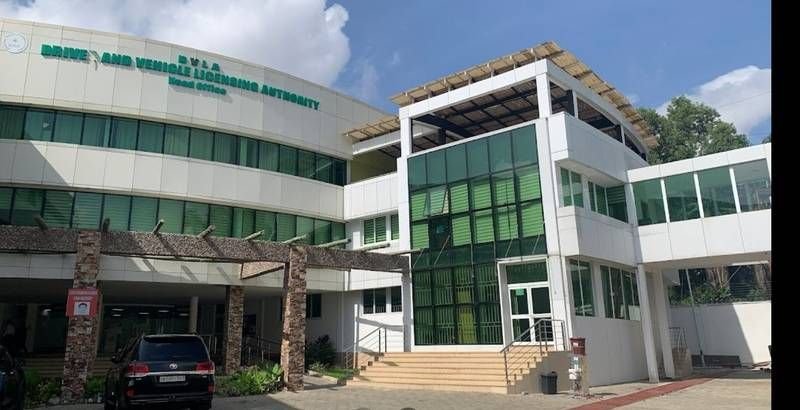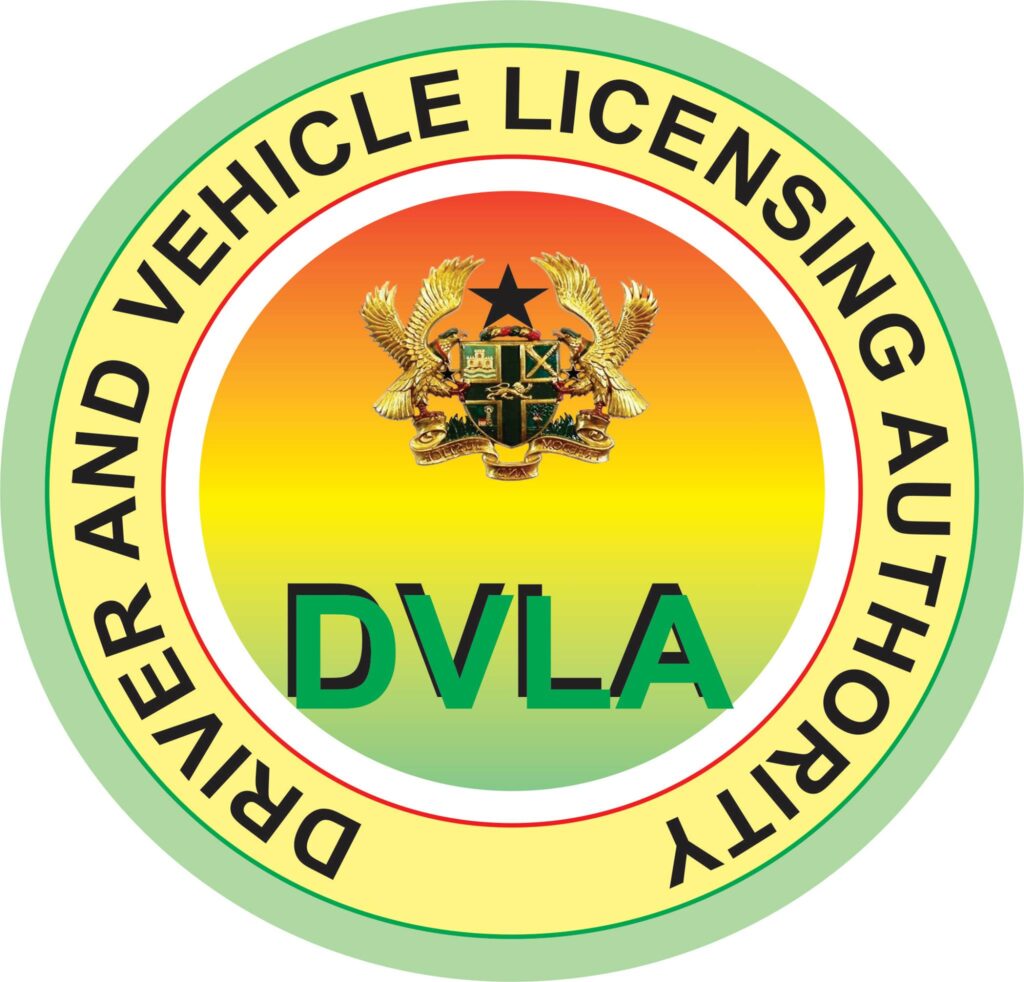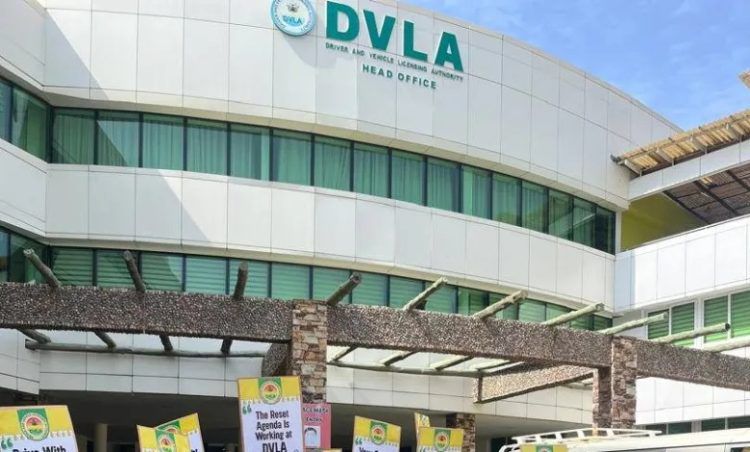DVLA Suspends Road Compliance Fines to Prioritise Public Education
The Driver and Vehicle Licensing Authority (DVLA) has announced a temporary suspension of fines imposed by its Compliance Team, following growing public concerns over the fairness and transparency of the enforcement exercise.
The suspension, which took effect from Wednesday, October 15, 2025, is intended to allow for wider public engagement and education on road safety compliance requirements.
According to an official statement, the DVLA’s decision follows consultations with stakeholders and an analysis of feedback from road users, many of whom raised concerns about inadequate public awareness, arbitrary fines, and the perceived harshness of the compliance initiative.
“The Authority, upon further consultation and feedback from the public, announces the suspension of this activity in order to allow for extended engagement on the matter,” the DVLA stated.
While the enforcement fines have been paused, the DVLA emphasised that Ghana’s road laws remain fully in effect. Motorists are still expected to ensure their vehicles are registered, roadworthy, and compliant with driver licensing regulations.

The Compliance Team, formed by the DVLA, was tasked with spot-checking vehicles and drivers across Ghana’s roads to ensure adherence to the country’s traffic and licensing laws. The initiative was part of the Authority’s broader effort to improve road safety, reduce illegal operations, and enforce roadworthiness standards.
However, its recent intensification, especially in urban centres like Accra, Kumasi, and Takoradi, drew backlash from commercial and private drivers alike. Many accused enforcement officials of poor communication, inconsistent fines, and abrupt roadside interventions.
With Ghana recording over 13,000 road crashes in 2024, resulting in more than 2,000 deaths, road safety remains a critical national issue. The DVLA’s move to focus on education rather than penalties reflects a growing understanding that awareness-building and cooperation may be more effective than punitive measures in achieving safer roads.
Moreover, public trust in enforcement bodies is vital. In recent years, perceptions of unfair treatment and lack of transparency have led to tension between road users and transport authorities.

The Authority has pledged to use this suspension period to:
- Intensify public education campaigns on vehicle licensing and roadworthiness.
- Engage with transport unions, commercial drivers, and civil society groups to clarify expectations.
- Develop clearer guidelines and communication materials for motorists.
- Review internal enforcement procedures to improve fairness and accountability.
“We are committed to ensuring safety on our roads, but equally recognise the need for the public to fully understand their responsibilities,” the DVLA stated.
Transport operators, such as the Ghana Private Road Transport Union (GPRTU) and Concerned Drivers Association of Ghana, have welcomed the suspension, calling it a step in the right direction. They had earlier petitioned the DVLA and Ministry of Transport, urging for more collaborative approaches.
Some drivers have also called for mobile sensitisation units in bus terminals and local markets, where drivers can receive education in local languages and ask questions about road laws and penalties.

This development adds to ongoing conversations about how best to modernise road traffic enforcement in Ghana. Suggestions from policy experts include:
- Digital tracking of vehicle compliance to reduce reliance on roadside checks.
- Introducing a points-based licensing system.
- Providing incentives for voluntary compliance, such as discounts for early renewals of licences or insurance.
These ideas may feature in future reforms led by the Ministry of Transport and DVLA in collaboration with Parliament and the National Road Safety Authority.
The DVLA’s decision to pause compliance fines in favour of public dialogue marks a significant shift in regulatory approach. It reflects a growing awareness that education and collaboration not just enforcement are essential to improving road safety outcomes.
As the Authority prepares to reintroduce the Compliance Team after public engagement, the real measure of success will be whether motorists feel informed, respected, and included in the process of building safer roads for all.
Read also: Volta Lake Boat Tragedy: Overloading and Safety Lapses Blamed as Veep Visits Grieving Families

